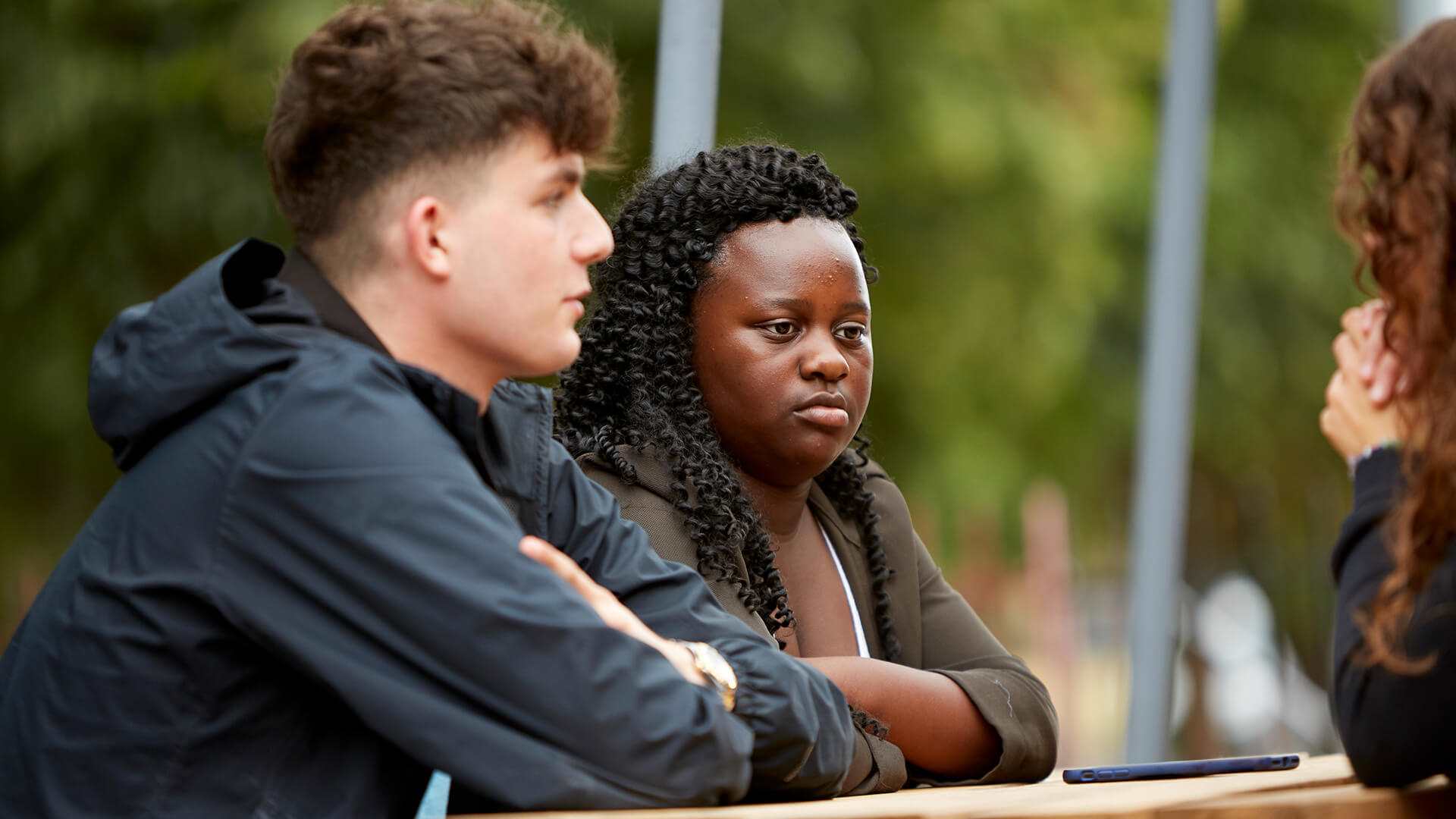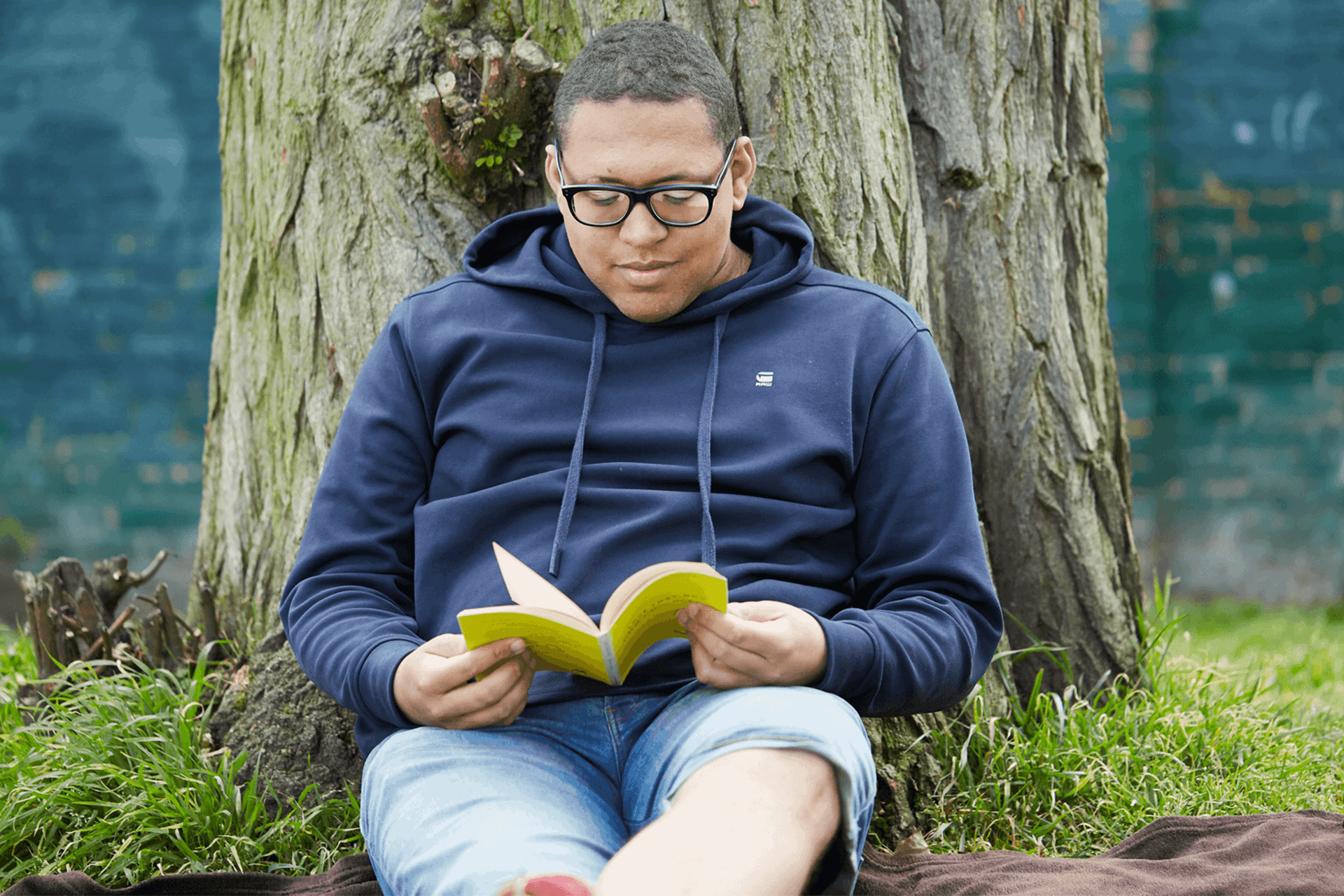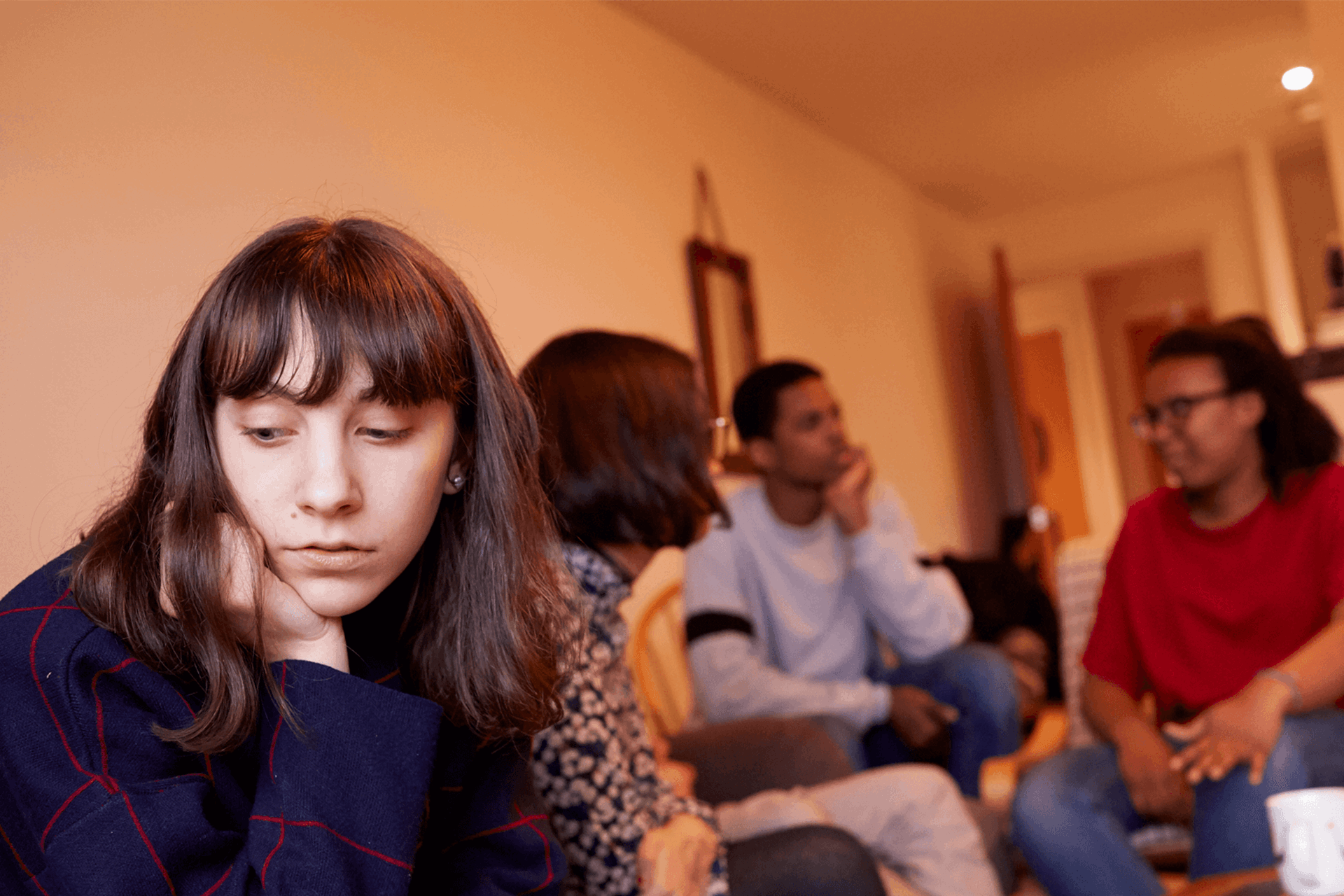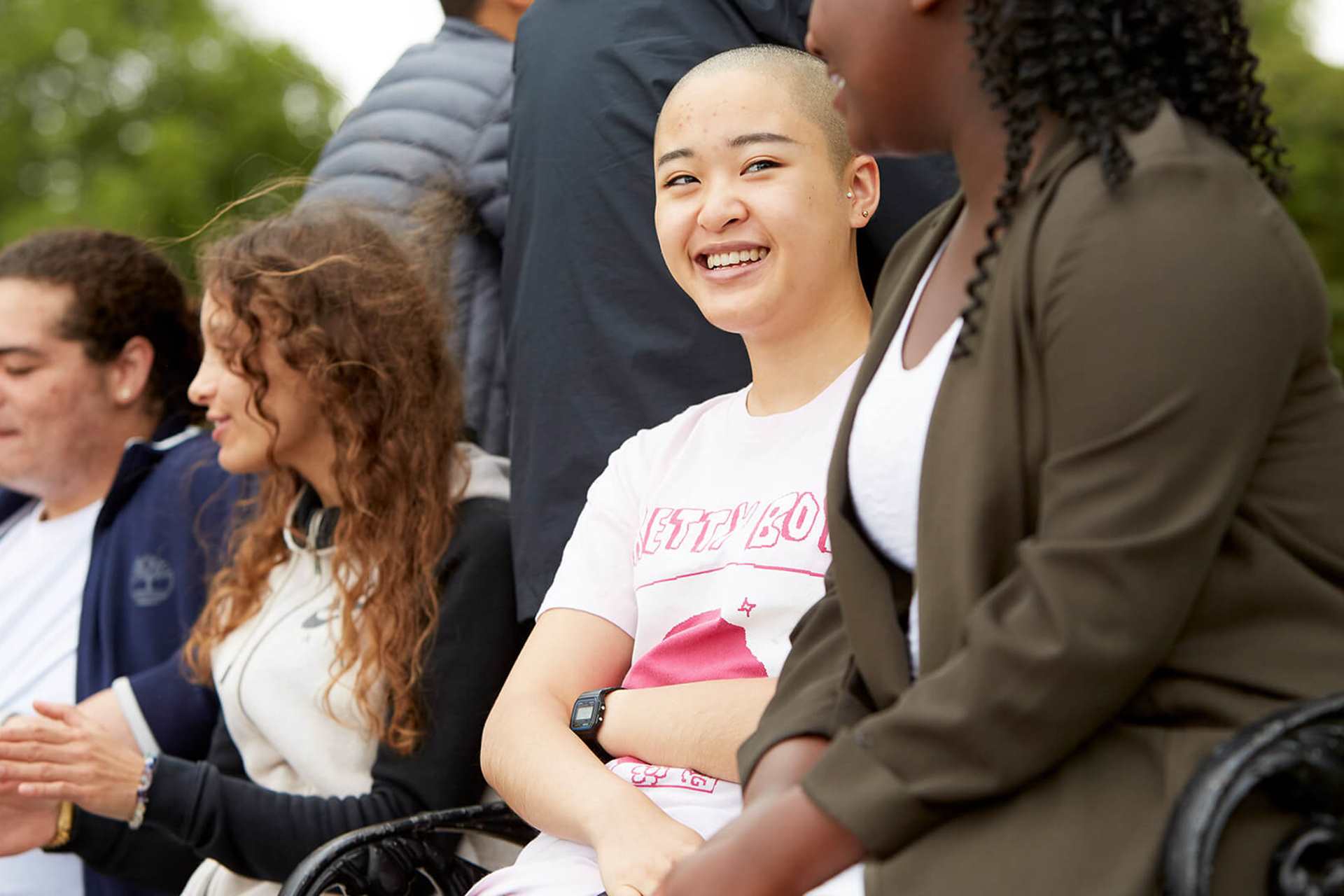Topics mentioned: medication, depression
About: Taking mental health medication can feel scary, especially if you don't know what to expect. Freya shares five things she has learnt about it.
I was first diagnosed with depression and anxiety aged 16. Since then, I’ve been on 13 different medications, been diagnosed with PTSD as well, tried more than five different kinds of both group and individual therapy, and been hospitalised twice. I never got on with medication, either having difficult side effects physically or mentally, or just feeling no difference at all. It got to a point where I couldn’t see any treatment ever offering me any kind of relief. Despite that, I’m here today, feeling the best I have in six years.
I don’t regret trying all of those medications in hindsight, but at the time I felt constantly let down and angry at myself. I was told many times that I was unlucky - unlucky to have so many bad experiences with treatments not working. Medication can be a really great thing, but it’s also ok if it isn’t for you, so here are the five main things I wish I’d known before starting the recovery process with medication:
1) Medication is not for everyone
I’ve had many friends who’ve had to take medication at some point, and for most of them they’ve found one that works without too much trial and error.
I was always baffled and frustrated as to why I had had to try so many and none of them had worked. What I realise now is that not everyone can benefit from medication. If medication works for you, of course that’s great. But if it doesn’t, then that’s ok too. Everyone has different needs and no one’s experience with medication will be the same.
Everyone has different needs and no one’s experience with medication will be the same.
2) If medication doesn't work for you, it's not your fault.
I spent so much time watching other people feel different through medication, and grew increasingly frustrated and upset that it wasn’t working for me. I was definitely jealous, and I felt guilty for being bitter about other people’s recovery. It’s only in hindsight that I can see that nothing is wrong with me - that medication isn’t the only answer. That treatment path didn’t suit me physically or mentally, and that’s nothing to be ashamed of.
3) There are so many different types of medication
I was far more reluctant to go on ones that I hadn’t heard of through friends or the research I would do when I couldn’t sleep. I’d google my latest diagnosis, and go to appointments with an idea of what medication I should be prescribed because I had a friend on it, or someone on the internet gave it a good review. This was not the healthiest attitude, as I would be more anxious about starting ones that I didn’t know about. This also meant that when these more common medications didn’t work for me, I thought that was it.
In reality, there are so many different types of medications, and I did end up trying everything from SSRIs, to mood stabilisers, to antipsychotics. If a common antidepressant like fluoxetine doesn’t work for you, that doesn’t mean you’re destined to be depressed forever. There are so many options out there, and just because you haven’t heard of something doesn’t mean it’s not going to help you. It’s really important you discuss with your doctor the options available to you.
If a common antidepressant doesn’t work for you, that doesn’t mean you’re destined to be depressed forever.
4) Listen to your body
I was so desperate to find a ‘cure’ for my mental illness, that I didn’t care how rubbish I was feeling physically. I had a lot of rare side effects to various medications, meaning most of the time I was suffering physically a lot more than I would have been had I known that physical and mental health are equally important.
If you’re really struggling with side effects, it’s important to tell your doctor. They may be able to offer you a similar medication with fewer side effects, or something to relieve the symptoms. Don’t suffer in silence; if something isn’t working for your body, find something that does - there will be something.
5) Recovery is possible
This is one of the most difficult things to remember when you’re stuck in what feels like a never-ending spiral of trial and error, and battling negative intrusive thoughts. But six years, 13 medications and more than five kinds of therapy later, I can tell you with confidence that there are things that can help. It may take years, and persevering can sometimes feel completely impossible, but there will be a solution.
It may take years, and persevering can sometimes feel completely impossible, but there will be a solution.
It’s incredibly hard work, and a lot of the time you may not feel like you have the energy, you may not feel like anyone appreciates how tough it is and how hard you’re working to carry on, but recovery is possible.
More information and advice
We have tips and advice to help you find the support you need. Take a look at our guides.
Where to get help
However you're feeling, there are people who can help you if you are struggling. Here are some services that can support you.
-
Youth Access
Provides information about local counselling and advice services for young people aged 11-25.
Put in your location and what you need help with into their 'Find help' search, and see what services are available in your area.
-
Shout
Text SHOUT to 85258.
Shout provides free, 24/7 text support for young people across the UK experiencing a mental health crisis.
All texts are answered by trained volunteers, with support from experienced clinical supervisors.
Texts are free from EE, O2, Vodafone, 3, Virgin Mobile, BT Mobile, GiffGaff, Tesco Mobile and Telecom Plus.
Texts can be anonymous, but if the volunteer believes you are at immediate risk of harm, they may share your details with people who can provide support.
- Opening times:
- 24/7






